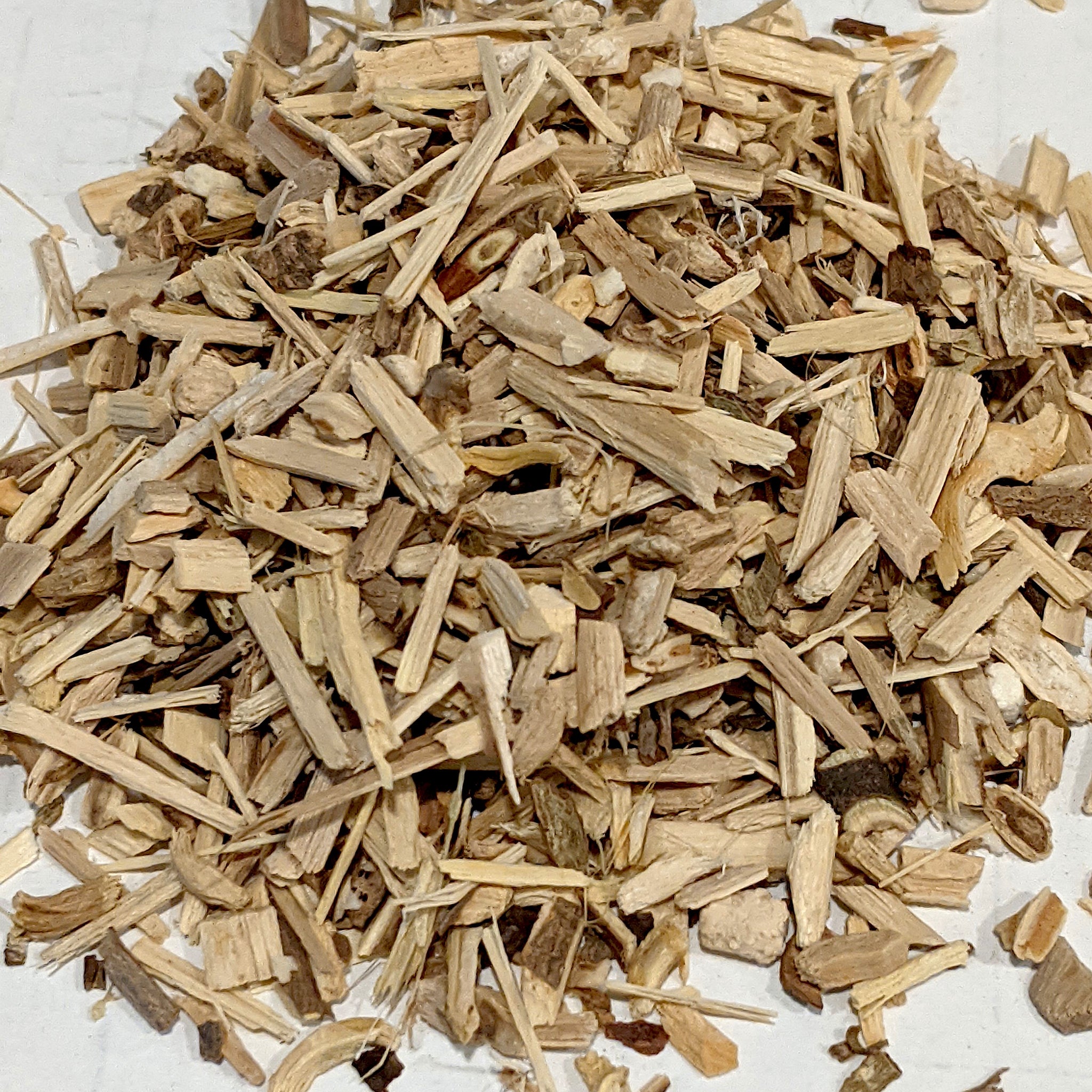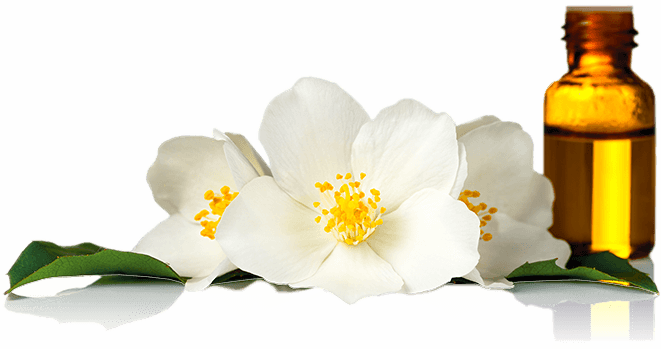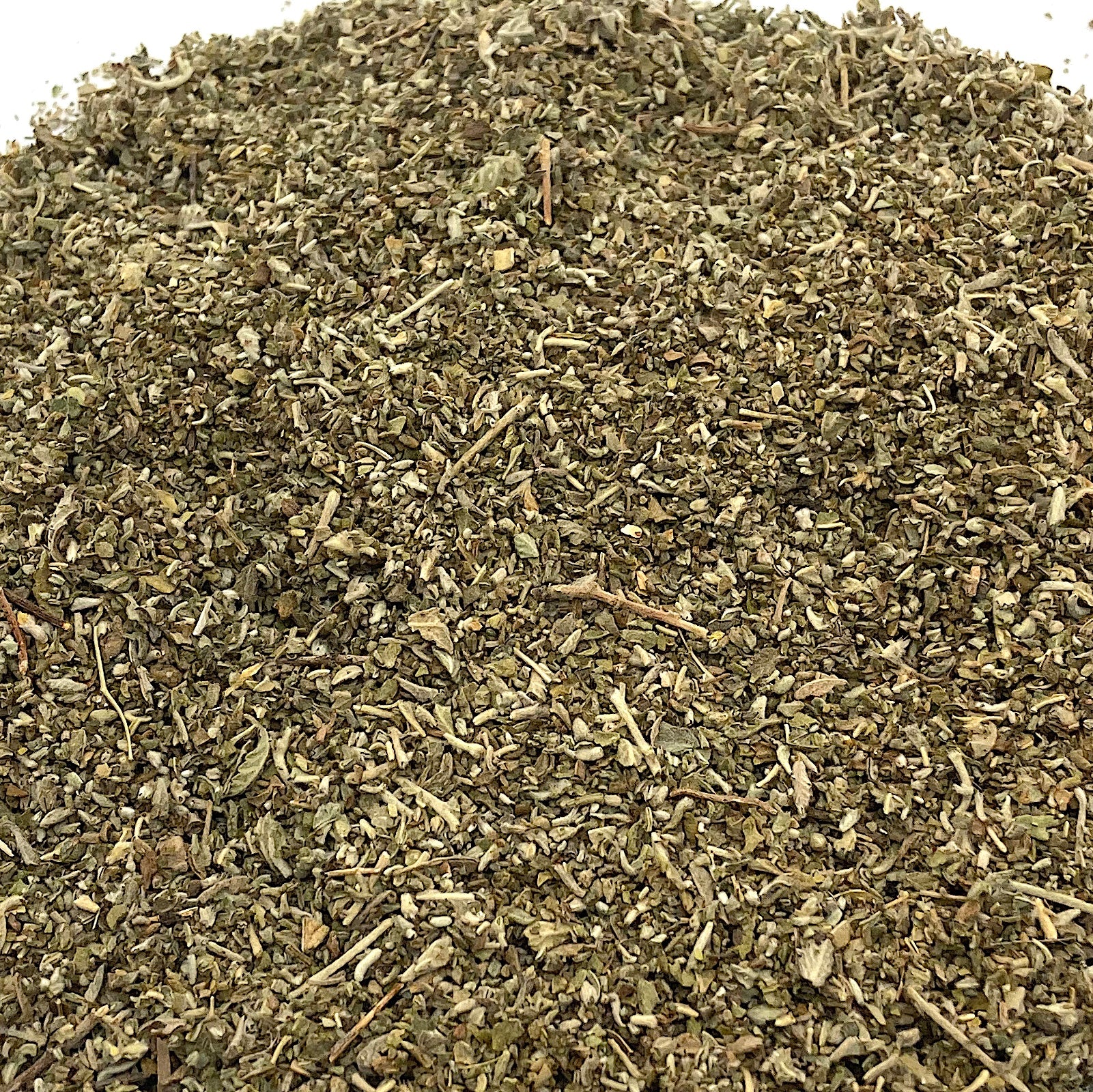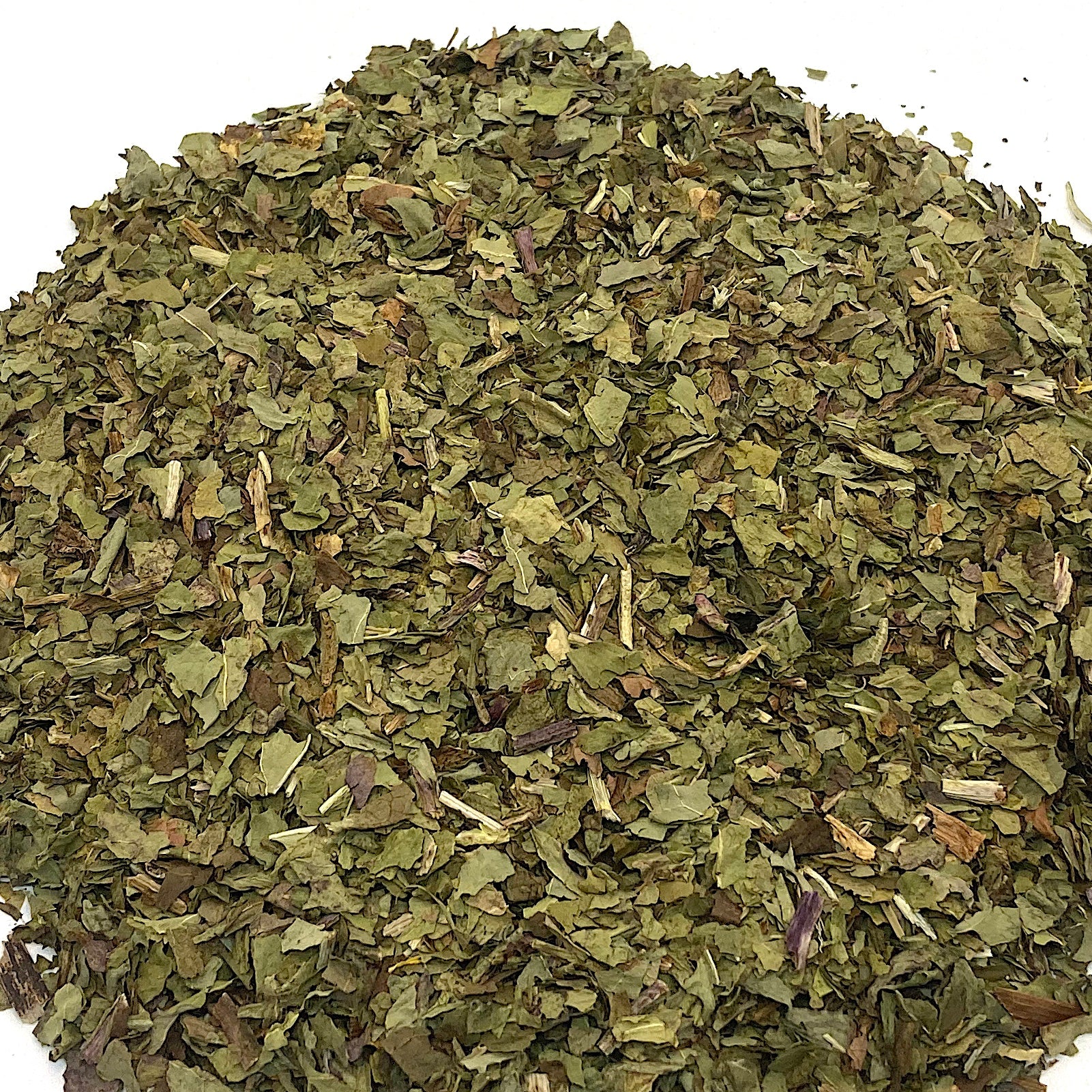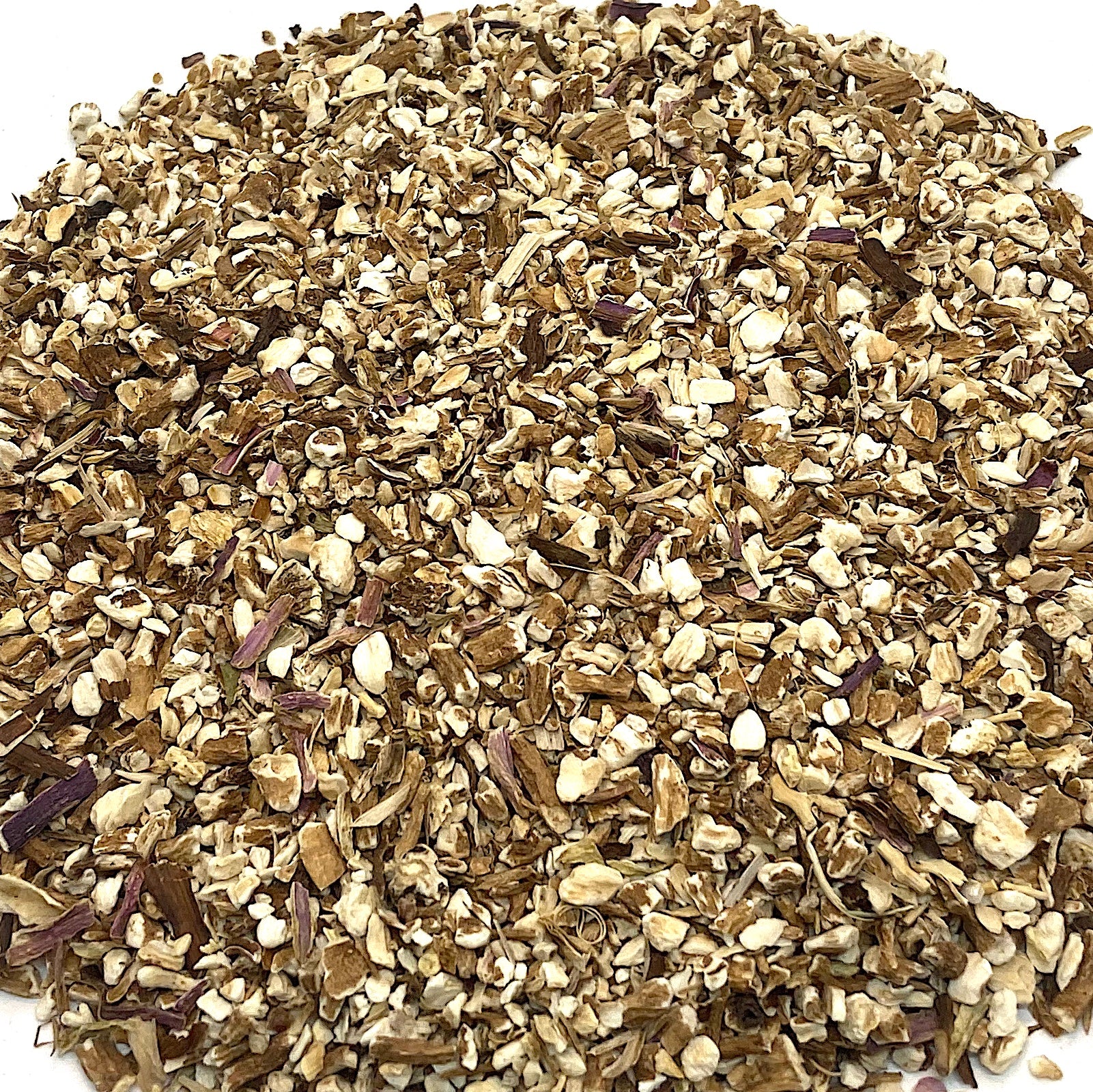Description
CHINA. Eleuthero (Eleutherococcus senticosus) Root, Cut and Sifted, Certified Organic
Common names: Siberian Ginseng, Acanthopanax Obovatus, Buisson du Diable, Devil's Bush, Hedera senticosa, Plante Secrète des Russes, Poivre Sauvage, Prickly Eleutherococcus, Russian Root, Shigoka, Siberian Eleuthero, Thorny Bearer of Free Berries, Touch-Me-Not, Untouchable, Ussuri, Ussurian Thorny Pepperbrush, Wild Pepper, Wu Jia Pi
Family: Araliaceae
This herb was commonly known as Siberian Ginseng because of its adaptogenic properties. Beginning in 1947, Soviet researchers searched for herbal tonic medicines comparable to Chinese Ginseng in order to augment the performance and well-being of soldiers, athletes, workers, and later, cosmonauts. They found Eleutherococcus, a plant long valued in traditional Chinese herbal practice, growing in mountain forests of Russia, China, and Japan. The herb was renamed Eleuthero a few years ago to reflect its scientific name and to avoid confusion, as it is not a true Ginseng. This is an easy root to work with, without a particularly strong taste or odor.
Adaptogens help modulate the body's response to stress, so it normalizes the imbalances that can result from unexpected or prolonged stressors. As David Winston explained in a recent article, true adaptogens are nontoxic herbs that work with the two major homeostatic systems: the hypothalamic/pituitary/adrenal axis, regulating the endocrine glands in longer cycles of time, and the sympatho-adrenal system, typically regulating flight/fight responses to immediate requirements.
Through these channels, Eleuthero may enhance immune function; promote recovery from illness or exertion; increase energy and endurance; boost memory; protect against the effects of radiation, heat, cold, and other physical extremes; correct blood lipid and glucose levels; reduce inflammation; lower high blood pressure; combat osteoporosis; etc.
Eleuthero was studied intensively in the mid-20th century, evaluating its effects on large groups of human subjects (although this body of Soviet research is often discounted by Western authorities). More recently, Asian and other investigators have published numerous human and animal studies, confirming many earlier finding on what is widely considered the premier adaptogenic herb.
The active components of Eleuthero include lignans, particularly eleutherosides, as well as saponins, flavonoids, terpenes, and polysaccharides.
*These statements have not been evaluated by the FDA. These products are not intended to diagnose, treat, cure or prevent any disease.

